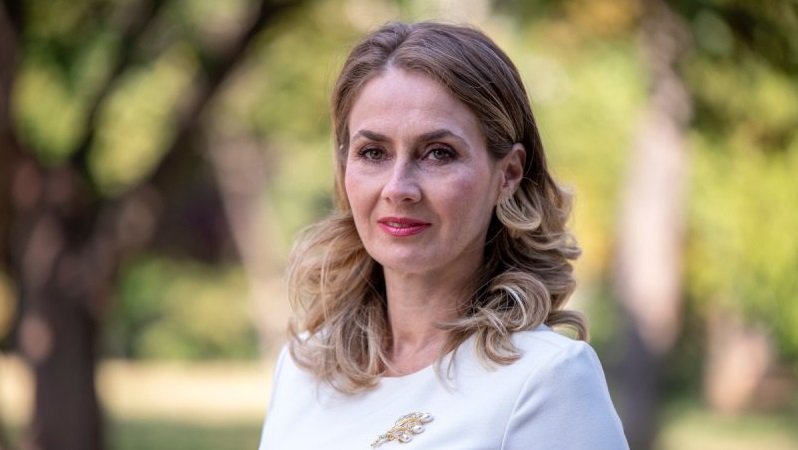The survival and development of our villages largely depend on improving the position of women in rural areas. If we do not provide adequate support for women, empower them, and encourage them to connect, their voices will remain silent, their potential unrealized, and the future of these areas will become more uncertain, said Brankica Janković, Commissioner for the Protection of Equality, on the occasion of the International Day of Rural Women.
The Commissioner reminds that the position of women in many areas is less favorable than that of men, and the disbalance is especially pronounced when the position of women in urban and rural areas is concerned. It is important to emphasize and understand that rural women do not represent a homogenous group, and thus their needs and problems are not the same either. The challenges they face are different, from the limited availability of public services, transport infrastructure, and lack of health or pension insurance, not owning property or a registered agricultural holding in their name, to unpaid work in the household, based on which they do not exercise their labor rights. They can often be exposed to various forms of discrimination but are also at greater risk of poverty and family and gender-based violence, Janković states.
A good example is that more and more women have empowered themselves and pushed the boundaries in their environments, overcoming the roles intended for them. That is why it is important to work on programs and financial incentives that are created in response to their essential needs, to continuously encourage women to connect, share knowledge and experiences, be informed, and have access to resources and support programs, says Janković.
Along with improving infrastructure and better access to social and health services and resources, it is important to raise women’s awareness of their rights and protection mechanisms and to change dominant practices based on patriarchal cultural patterns, such as the custom of renouncing inheritance in favor of male family members, which is the topic of the publication “The right to inheritance – equal for all”. The Institution of the Commissioner will soon present the results of a research under the same name.
When women become socially and economically empowered, the perception of the environment towards them also changes. They become role models for other women and an incentive for young people to stay in the countryside, which is crucial not only for agriculture but also for developing rural tourism and other branches, concludes the Commissioner.


